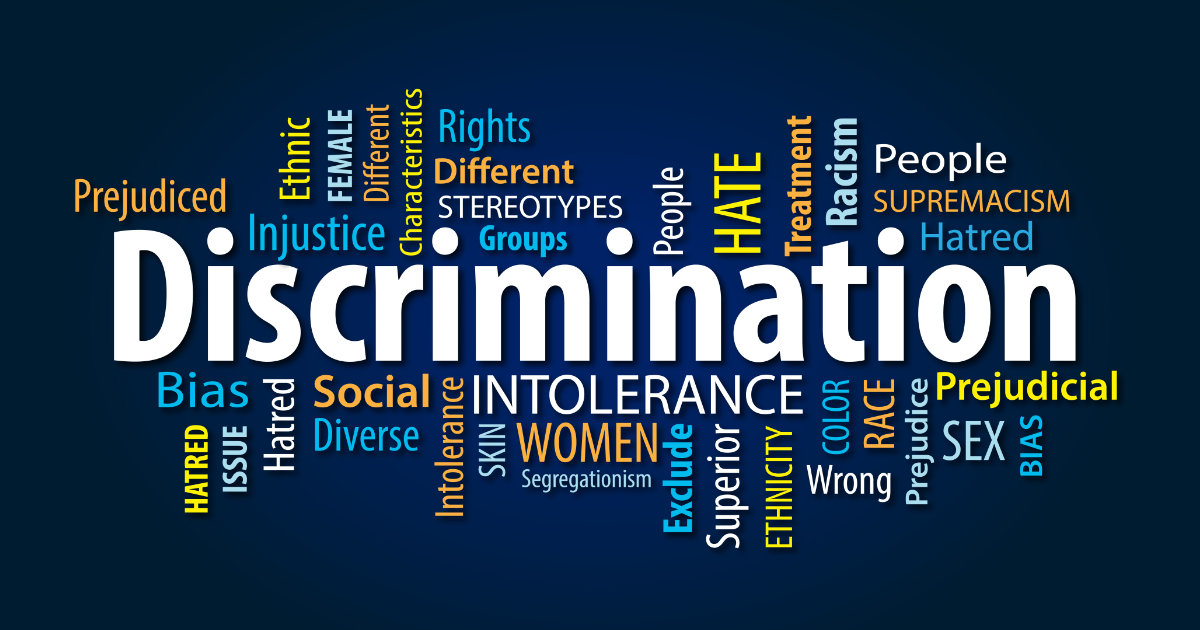When a Board receives notice that one of their members or shareholders has filed a disability discrimination claim, there are often more questions than answers, especially when the claim is filed by the Department of Human Rights or Suffolk County Human Rights Commission. These are agencies that adjudicate claims pursuant to their own rules, regulations and processes. This can be confusing for some board members who may be more familiar with lawsuits filed in Supreme or District Court.
Here is a basic roadmap and understanding of how the agencies and the legal process works when there is a complaint regarding disability discrimination claims in housing accommodations:
- Complainant files complaint with DHR including documents/evidence;
- Respondent submits Answer with supporting evidence & defenses;
- The NYS Division of Human Rights is More than Happy to Help;
- DHR handles entire case for Complainant, free of charge, start to finish;
- DHR conducts investigation to determine whether sufficient evidence was presented to warrant a formal public hearing;
- If sufficient evidence to believe discrimination or violation of rights occurred, a finding is made and a formal hearing is held to resolve factual disputes;
- If Complainant fails to establish or support claim, and/or Respondent presents evidence showing no violation (e.g., request was unreasonable, too expensive, etc.) – the case is dismissed without further action.
Elements required and what needs to be shown by Complainant to proceed and win:
To establish that a violation of the law occurred and a reasonable accommodation should have been made, a petitioner claiming disability discrimination in housing accommodations is required to show that:
- she is disabled; and
- that she is otherwise qualified for the housing; and
- that because of her disability, an accommodation is necessary in order for her to use and enjoy the housing; and
- that the accommodation sought was reasonable. Matter of Steinberg-Fisher v North Shore Towers Apts., Inc., 149 A.D.3d 848, 51 N.Y.S.3d 585 (2d Dept., 2017).
In many instances, the only question is whether the accommodation requested was reasonable. This is always an issue of fact, to be determined by the administrative law judge. If possible, Boards should consult with their attorney before the claimant files their claim.
Have a question about DHR complaints or any other community association issue?
Contact J. David Eldridge, Esq., Partner, Taylor, Eldridge & Endres, P.C. 631-265-5550.


